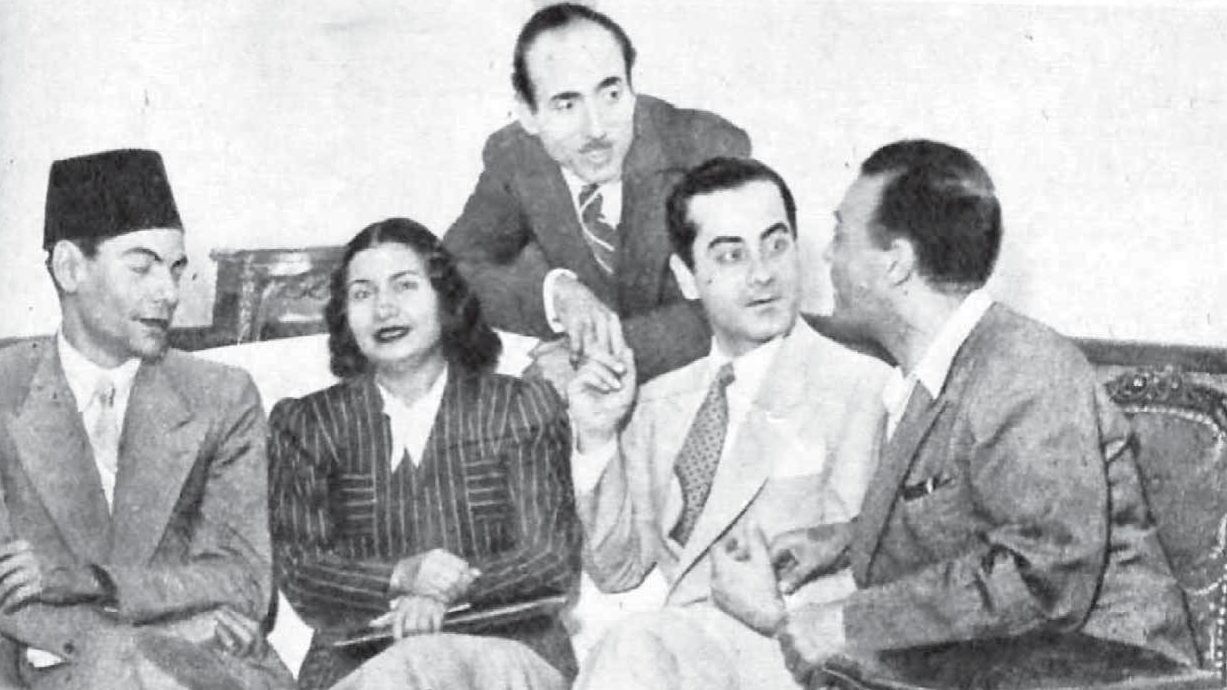Without Freedom There Will Be No Art
Al-Masry Al-Youm, Egypt, February 4
Not a single Egyptian would question the fact that Egyptian art is our country’s most significant tool of soft power. Throughout the years, Egyptian film, music, theater and poetry have managed to shape the image of Egypt in the minds of millions of people across the Arab, Muslim and African worlds. This began with theater performances, continued with cinema and radio, and eventually evolved into television. To date, Arabs across the world follow Egyptian television drama with passion. I’ll never forget how, during one of my visits to Morocco, I discovered the love and admiration our Moroccan brethren had for stars like Umm Kulthum, Abdel Halim Hafez and Adel Imam. When the former Tunisian president came on a state visit to Egypt, he asked to visit three places: the first was the Egyptian Museum, the second was to meet the late singer Mohammed Abdel Wahab, and the third was to meet Nobel laureate Naguib Mahfouz. This, my friends, is the image of Egypt summed up in the eyes of the world. So why are we spending our energy fighting and bickering over Egyptian art? Why is our parliament busy debating whether Egyptian art is “corrupt” or “unjust” instead of celebrating the monumental impact it had on our nation? Yes, sometimes there are works of art that go beyond the limits of what is tasteful or socially accepted. But this represents an extremely limited portion of the works that have been created by Egyptian artists. Egypt has always been a country that extends its arms to writers, poets and artists across the Arab world. And while many stars rose to fame on their own accord in places like Lebanon, Iraq and Syria — it was ultimately those who received training and came to fame in Egypt who became the biggest stars. Egyptian art is, and always has been, a melting pot of Arab talent. It is a place where modern culture meets ancient Oriental melodies. Therefore, when parliamentarians in Egypt speak out against Egyptian music, film or theater — accusing it of defaming Islam or Egypt — they are really speaking out against our nation. Let’s not forget Egyptian legends like Mohammed Abdel Wahab, Umm Kulthum, Abdel Halim Hafez, Youssef Wahbi, Faten Hamama and dozens of other icons who proudly represented Egypt — at home and abroad. Egyptian art has always been reflective of Egypt’s history, through its ups and downs. Indeed, it became an integral part of Egyptian conscience. We must therefore protect it with all of our might and allow our artists to continue working without threats of fear. They say that necessity is the mother of invention. To that, I’d like to add: Freedom is the mother of creativity. Without freedom, there will be no art in Egypt. –Mustafa Elfeki, director of the Library of Alexandria; former Egyptian ambassador and minister (translated by Asaf Zilberfarb)


